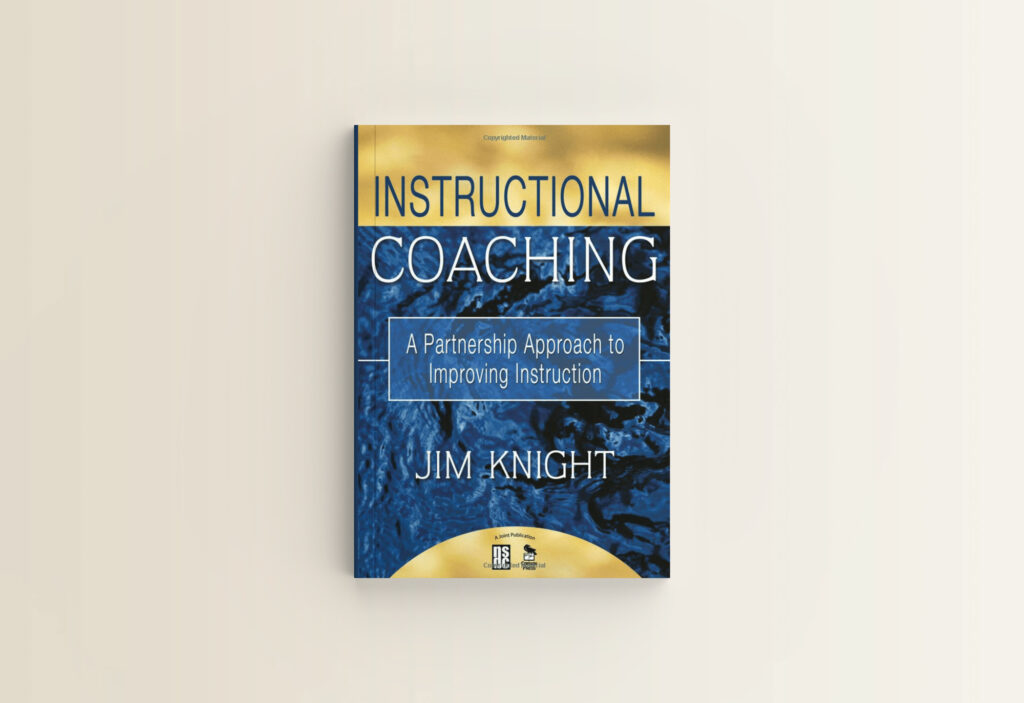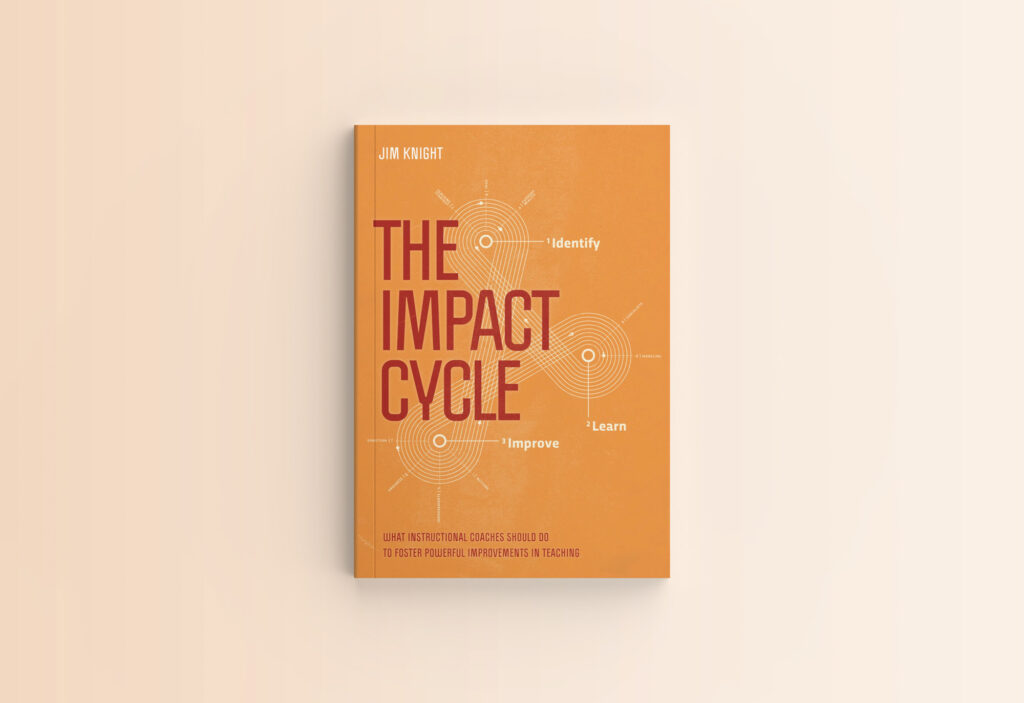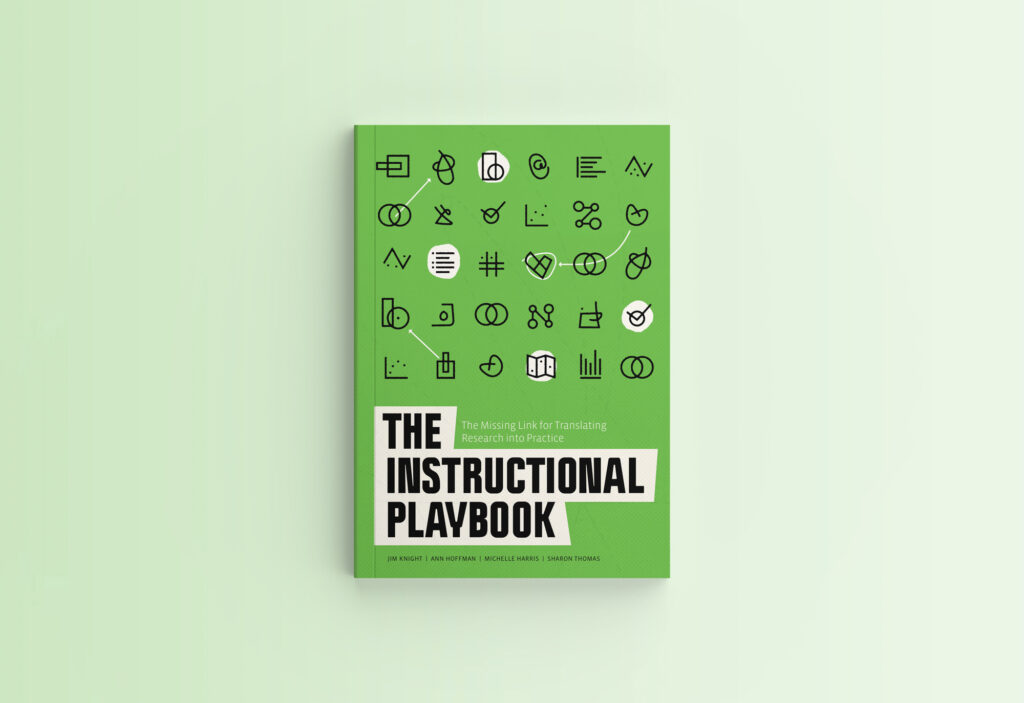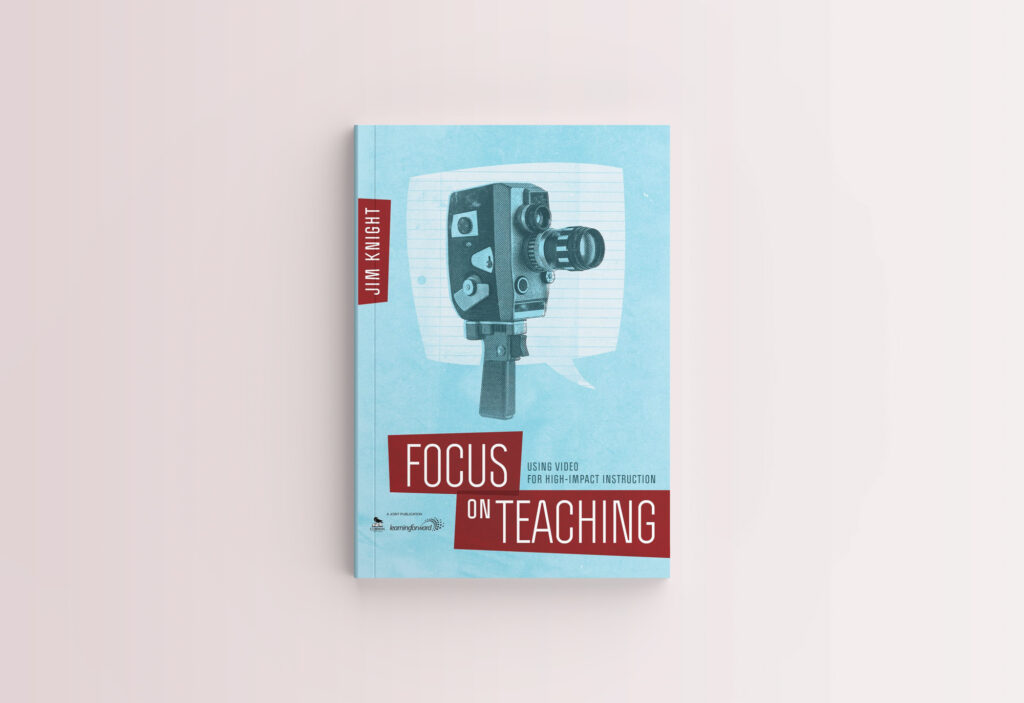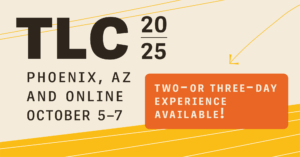
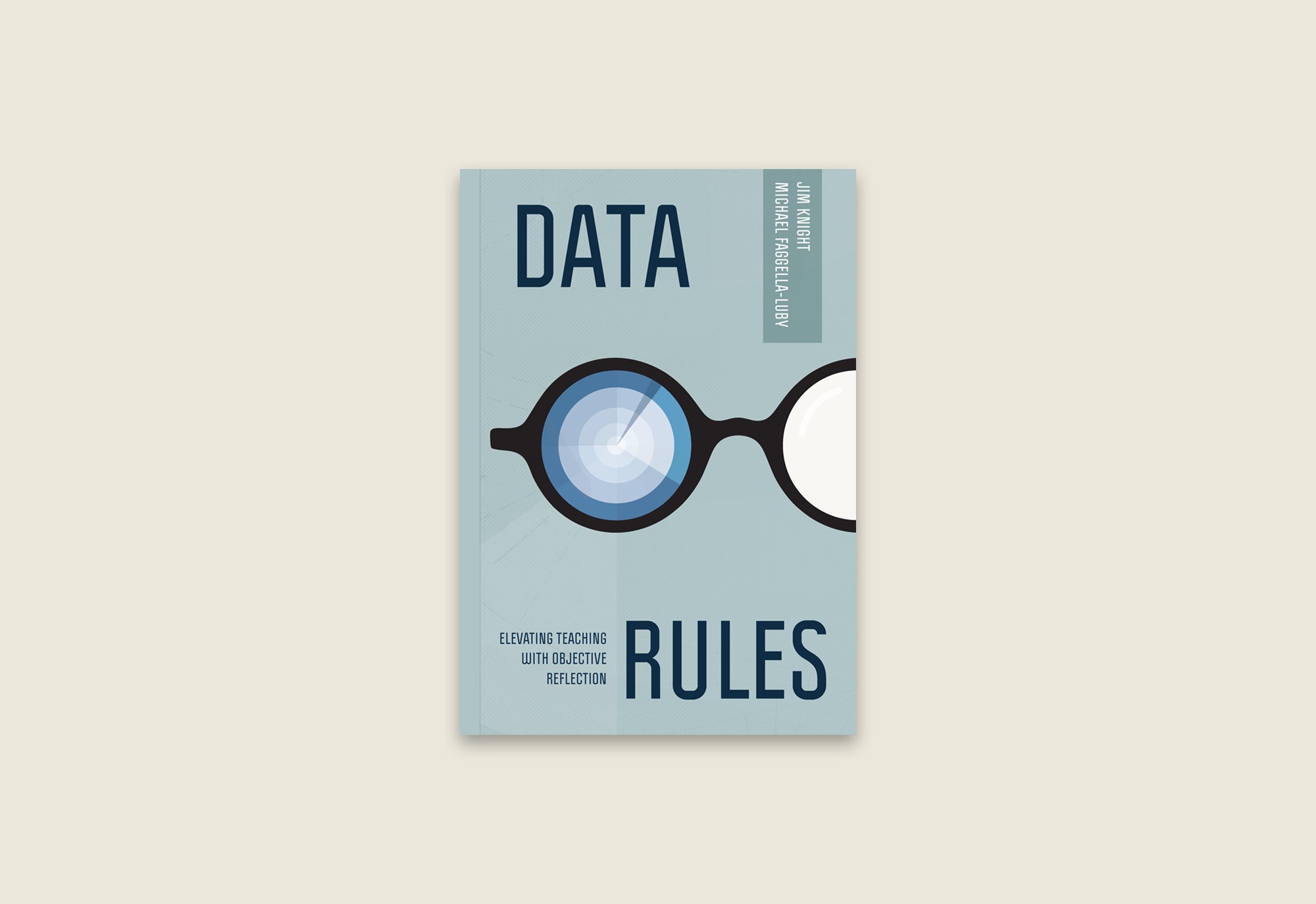
Data Rules: Elevating Teaching with Objective Reflection
Jim Knight and Michael Faggella-Luby
Jim Knight and Michael Faggella-Luby offer a proven approach for instructional leaders to leverage data effectively, featuring 10 rules for data use, best practices for communication, and analysis techniques to enhance teaching, student engagement, and achievement.
Purchase the Book:

“Every successful change leader—whether a coach, administrator, or leader—needs to understand why gathering data is important and how to gather data.”
– Jim Knight
"Data is vital to our students’ success because it tells us about the rate and level of their learning, but it is also vital to educators because meaningful data provides a window into the efficacy and impact of our daily efforts."
- Michael Faggella-Luby
Elevating Teaching with Objective Reflection
The 10 Data Rules
Hope
Professional Learning
Chosen by the Teacher
Objective
Reliable
Valid
Frequently
Teachers
Easy to Gather
Validated by Research
Talking About Data
Applying Data Rules
Considering Identity Factors
Applying Partnership Principles
The Impact Cycle
Identify
Learn
Improve
Engagement Data
Behavioral Engagement
Cognitive Engagement
Emotional Engagement
Achievement Data
Knowledge
Learning
What Students Need to Learn
Data Tools
Teaching
Interactions
Questions
Student and Teacher Talk
Putting It All Together
Principal
Instructional Coach
Teacher
Understand and Gather Data for Effective Leadership
Expand Your Learning
Explore our other resources to learn more about Instructional Coaching. We offer a variety of workshops, PDFs, informational videos and more.

The Hero is the Data
ICG’s vision has always been to improve the lives of students. Data help build confidence and agency in both students and teachers. When teachers see measurable improvements in student engagement or learning, they recognize that their actions make a difference and, as a result, they become more motivated and more committed to coaching or other efforts to improve outcomes in the classroom. Data, then, constitute an essential part of improvement. Data help us see what we might not see, give us words to talk with precision about learning and achievement, help us set goals, and build student and teacher confidence as everyone strives to meet those goals. In short, if you want to see improvement in schools, you need to understand data.





